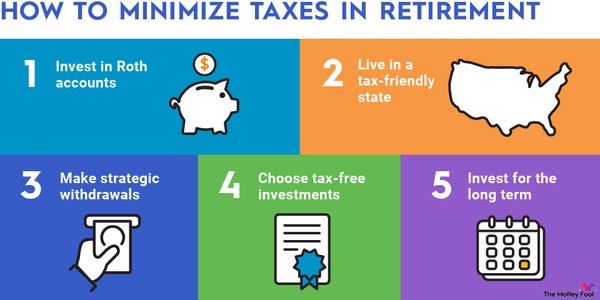Saving for retirement in your 20s might seem like an abstract concept, a distant future concern overshadowed by more immediate financial pressures like student loan debt, rent, or the allure of new experiences. Yet, precisely because retirement feels so far off, your 20s represent the single most powerful decade for laying a robust foundation for future financial independence. The magic behind this profound advantage isn’t a complex secret, but rather the astonishing, almost miraculous power of compound interest – a force that allows even modest, consistent contributions to grow exponentially over the decades. Ignoring this opportunity in your youth is akin to leaving thousands, or even hundreds of thousands, of euros on the table by the time you reach your golden years.
The most compelling argument for starting early is indeed the aforementioned **power of compound interest**. Imagine you begin investing €100 per month at age 25, earning an average annual return of 7%. By the time you reach age 65, that consistent monthly contribution could grow to well over €200,000. Now, consider someone who waits just ten years and starts investing the same €100 per month at age 35, with the same 7% return. By age 65, their total will be significantly less, perhaps around €100,000. The difference is stark and illustrates that those initial ten years of compounding are disproportionately valuable. The early investments have far more time for their earnings to generate further earnings, creating that powerful snowball effect that builds wealth almost on autopilot. This concept alone should serve as a profound motivator to prioritize retirement savings, even if the amounts seem small initially.
For individuals in Germany, a crucial first step in saving for retirement in your 20s is to **understand and utilize the available tax-advantaged retirement schemes**. Unlike some other countries with straightforward 401(k)s or IRAs, Germany offers a multi-pillar system. The state pension scheme (gesetzliche Rentenversicherung) forms the first pillar, but it’s generally understood that this alone will not provide sufficient income in retirement. This makes the second and third pillars critically important, especially for younger earners. The second pillar often involves company pension schemes (betriebliche Altersvorsorge or bAV), where employers contribute to a retirement plan. If your employer offers a bAV, it’s almost always a smart move to participate, especially if there’s an employer match, as this is essentially “free money” adding to your retirement pot. Maxing out such contributions should be a top priority.
Beyond employer-sponsored plans, the third pillar comprises private provisions, with the **Riester-Rente and Rürup-Rente** being prominent options. The Riester-Rente is particularly appealing for younger individuals, especially those with children, due to state subsidies and tax deductions. While the rules can be complex, the government bonuses can significantly boost your savings, making it a very attractive option for long-term, low-risk retirement planning. The Rürup-Rente, on the other hand, is generally more suited for self-employed individuals and those with higher incomes, offering higher tax deductibility. It’s essential to research these options thoroughly or consult with a financial advisor to determine which scheme best fits your individual circumstances, career path, and financial goals.
Even if navigating these specific German schemes feels complex, a vital complementary strategy for your 20s is to **invest consistently in diversified, low-cost assets, typically through an ETF savings plan (ETF-Sparplan)**. While specific tax advantages might not apply to general investment accounts (Depots) in the same way as Riester or Rürup, investing in broad-market Exchange Traded Funds (ETFs) offers immense potential for long-term growth. An ETF-Sparplan allows you to automatically invest a fixed amount regularly (e.g., monthly or quarterly) into an ETF that tracks a broad market index, like the MSCI World or the Euro Stoxx 50. This strategy embodies dollar-cost averaging, reducing the risk of market timing and ensuring consistent participation in market growth. ETFs are known for their low management fees compared to actively managed funds, which, over decades, translates into significantly higher returns in your pocket. This approach aligns perfectly with the “set it and forget it” mentality that works so well for busy young professionals.
Finally, and perhaps most importantly, **make saving for retirement a non-negotiable line item in your budget**. Treat it as a fixed expense, just like rent or loan payments. Automate your contributions to your chosen retirement accounts or ETF savings plans. This removes the temptation to spend the money elsewhere and ensures consistency. Start small if necessary, even €50 or €100 a month, and commit to increasing that amount as your income grows. The key is to establish the habit early. Regularly review your financial situation, track your progress, and celebrate milestones to stay motivated. While your 20s are a time for exploration and laying personal foundations, they are also a golden window for building a robust financial future. By leveraging the power of compound interest, utilizing Germany’s specific retirement schemes, and investing consistently in diversified, low-cost assets, you can transform the daunting task of retirement saving into a remarkably empowering journey towards genuine financial independence.




